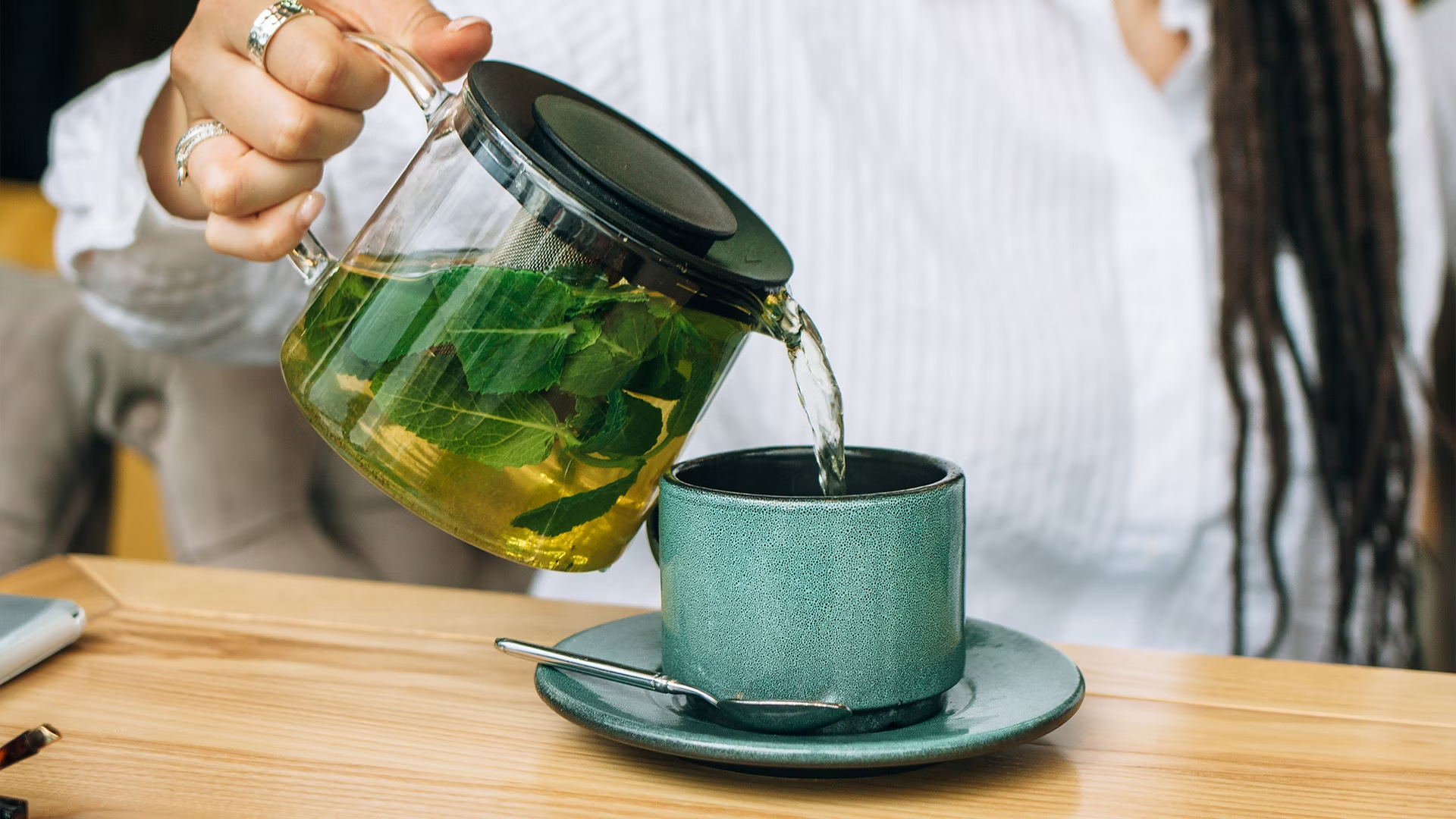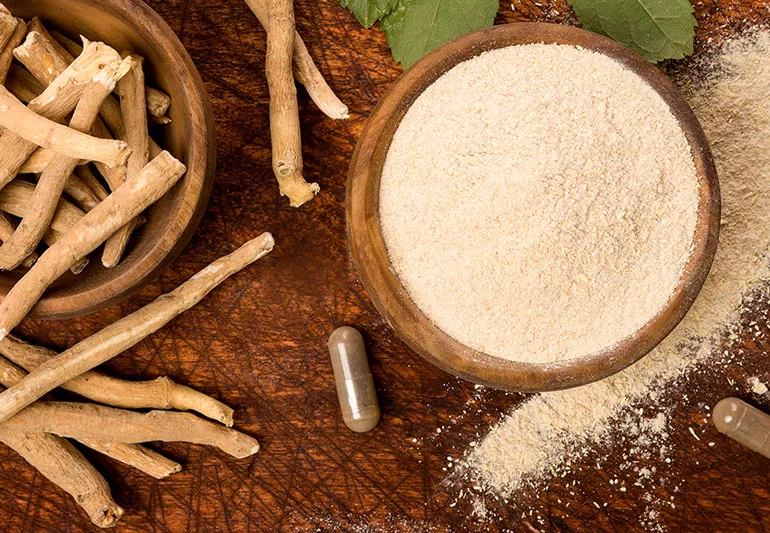
If you’re like me, spring can be a beautiful yet challenging time. While everything blooms and the world seems vibrant, my allergies hit full force. It feels like nature conspires against me, sending waves of sneezing, itchy eyes, and endless runny noses. But over the years, I’ve learned that there are ways to manage these allergies without relying solely on pharmaceuticals. Let me share with you some of the remedies that have made a big difference for me—and might do the same for you.
Natural Ways to Soothe Seasonal Allergies
I remember a few years ago, my friend Jenna was in the thick of allergy season. She’d just moved to a new house surrounded by flowering trees, and her body wasn’t having it. Instead of reaching for medication, she opted for natural solutions—and to my surprise, many worked wonders for her. Inspired, I dug deeper into home remedies. I tested several, and while some fell short, others became staples in my allergy relief toolkit. Let’s explore them together.
1. Local Honey: Sweet Relief or Myth?
I first heard about local honey as a remedy for seasonal allergies from an old neighbor. She swore by a spoonful of honey each morning, claiming it helped her body adapt to local pollen. I was skeptical. I mean, how could something as simple as honey solve my yearly allergy nightmare?
But after a few weeks of adding local honey to my morning routine, I noticed something: I wasn’t sneezing as much. While it didn’t completely cure my symptoms, there was definitely an improvement. It turns out that local honey contains small amounts of pollen from the surrounding environment, which may help your body build a tolerance over time.
How to use it:
- Take one teaspoon of raw, local honey daily.
- Be consistent—don’t skip days, especially during peak allergy season.
Pro Tip: This works best if you start a few months before allergy season begins. It’s not a quick fix but can offer gradual relief.
2. Quercetin: The Natural Antihistamine
Quercetin was completely new to me until I came across an article that mentioned it as a “natural antihistamine.” Found in foods like onions, apples, and broccoli, quercetin is a flavonoid that helps block the release of histamines—the very thing causing your allergies. Intrigued, I started incorporating more quercetin-rich foods into my diet, and let me tell you, it made a noticeable difference.
Jenna, the friend I mentioned earlier, also tried quercetin supplements and raved about them. I haven’t tried the supplements yet, but I do make sure to have an onion-packed salad or an apple snack when my allergies are kicking in.
Best Sources of Quercetin:
- Onions (red and white)
- Apples (with the skin)
- Green tea
- Broccoli
My Favorite Recipe:
I love a fresh apple and onion salad, drizzled with olive oil and lemon juice. Not only does it taste refreshing, but it’s packed with quercetin to help keep my allergies at bay.
3. Nasal Irrigation: Clearing the Path
I used to be terrified of nasal irrigation. Sticking a teapot-like thing up my nose? No thanks! But one particularly rough allergy season, I was desperate. A friend gifted me a neti pot, and after some hesitation, I gave it a try. I’m not exaggerating when I say it was life-changing. The saline rinse cleared out so much congestion that I could finally breathe again.

How to Use a Neti Pot:
- Fill it with a saline solution (salt and warm water).
- Tilt your head and gently pour the solution into one nostril, letting it flow out the other.
- Repeat on the other side.
Important Tip: Always use distilled or boiled water to avoid infections. And don’t be afraid—it feels odd at first but gets easier with practice.
4. Herbal Teas: Nature’s Allergy Soother
Herbal teas are one of my favorite go-tos when I’m feeling the effects of allergies. Peppermint tea is particularly soothing for the throat and helps open up nasal passages. But my secret weapon is butterbur tea. This herb has been used for centuries to treat respiratory issues, and there’s research to suggest it works as well as some over-the-counter allergy medications.
I remember one particularly bad day where I couldn’t stop sneezing. After making myself a cup of butterbur tea, the symptoms eased up within the hour. It’s become a staple in my pantry ever since.
Top Teas for Allergies:
- Peppermint Tea: Eases nasal congestion.
- Butterbur Tea: Acts as a natural antihistamine.
- Ginger Tea: Reduces inflammation in the body.
Try This: Brew a cup of butterbur tea in the morning and sip on it throughout the day. You’ll notice a calming effect on your sinuses.
5. Essential Oils: Aromatherapy for Allergy Relief
I’m not the biggest fan of essential oils for everything, but for allergies, they’ve been a surprising help. Eucalyptus oil, in particular, works wonders. I learned about it from an old co-worker who was into aromatherapy. Whenever my nose is stuffy, I add a few drops to a bowl of hot water and inhale the steam. It works like magic to open my sinuses and provide quick relief.
How to Use Eucalyptus Oil for Allergies:
- Add a few drops to a diffuser for continuous relief throughout the day.
- For a quick fix, inhale the steam from hot water mixed with eucalyptus oil.
Pro Tip: Combine eucalyptus with lavender oil in your diffuser to relax while you breathe easier.
6. Probiotics: Boosting Immunity from Within
There’s growing evidence that probiotics can help with allergies, which makes sense when you think about how much of our immune system is in the gut. I started taking probiotics a few years ago, and while I initially did it for digestion, I noticed that my allergies weren’t as bad that year. Coincidence? Maybe. But there’s enough research out there to suggest that a healthy gut can help regulate allergic responses.
My Go-To Probiotic Sources:
- Yogurt (make sure it has live cultures)
- Sauerkraut
- Kimchi
- Kefir
Easy Tip: Add a serving of probiotic-rich foods to your diet daily. Even something as simple as yogurt with honey in the morning can make a difference.
Conclusion
Seasonal allergies don’t have to take over your life. While I’ve had my share of tough allergy seasons, incorporating natural remedies like local honey, quercetin-rich foods, nasal irrigation, and even a soothing cup of herbal tea has made a noticeable difference. The key is to find what works for your body. What helped me the most was experimenting with different remedies and sticking to a routine. So whether you’re battling pollen, grass, or ragweed, don’t give up—relief might just be a neti pot or an apple salad away.
If you’ve tried any of these remedies or have your own tips to share, I’d love to hear them. Let’s help each other tackle allergy season together!









